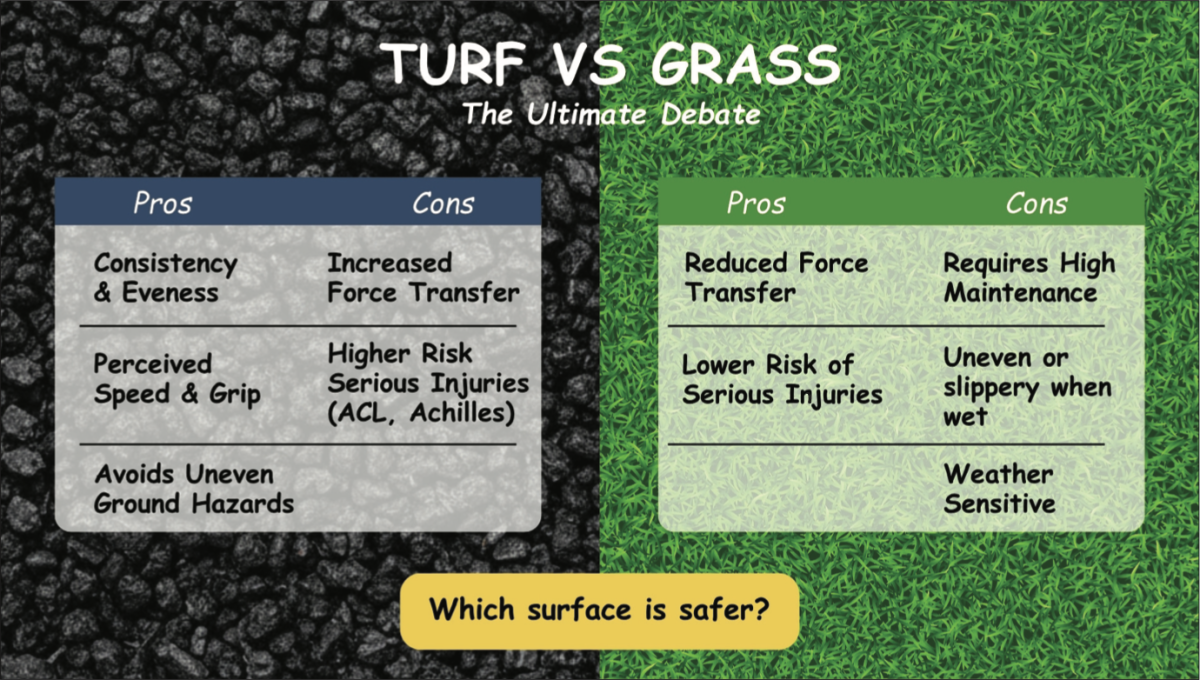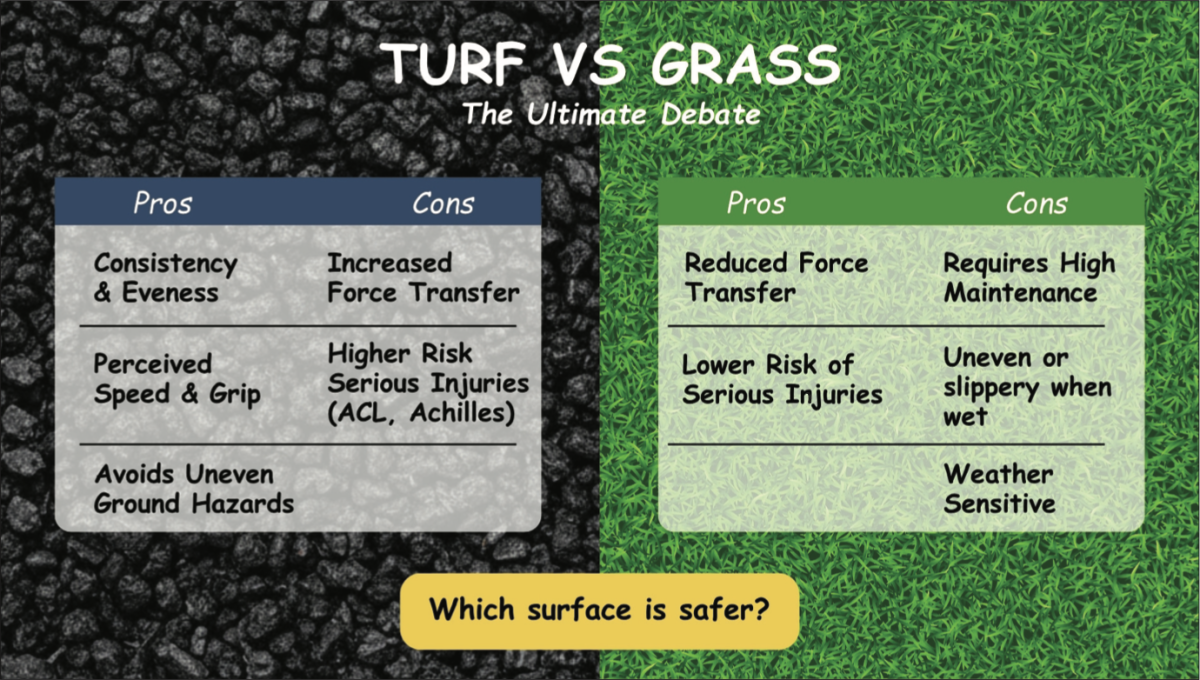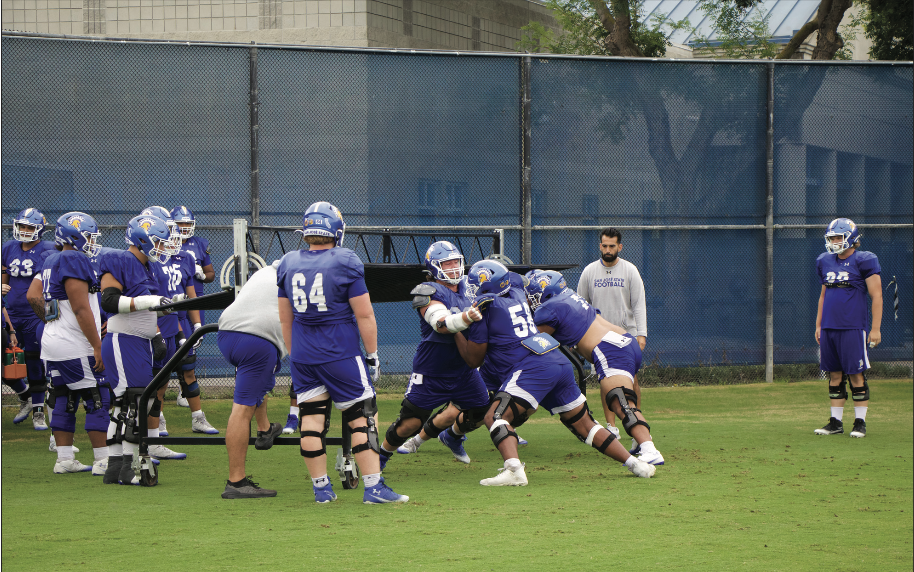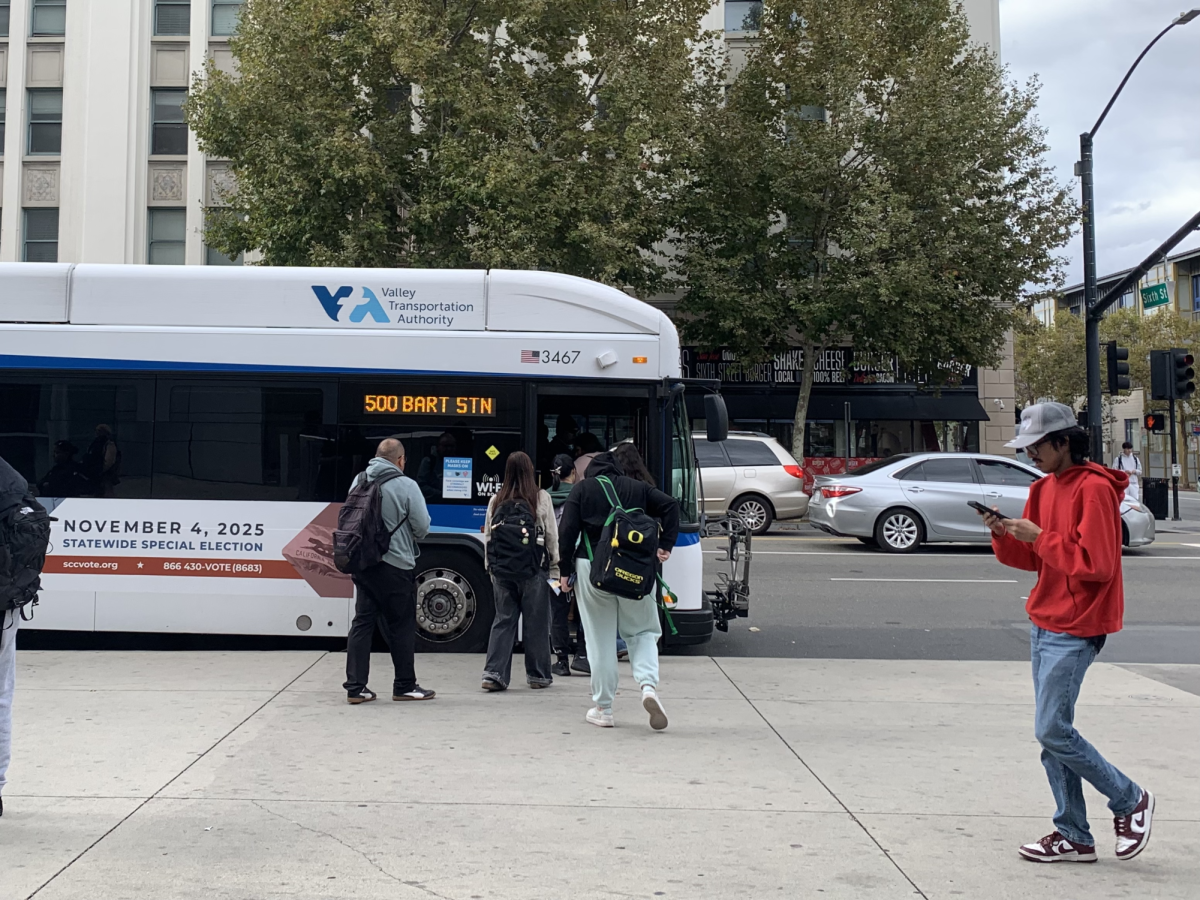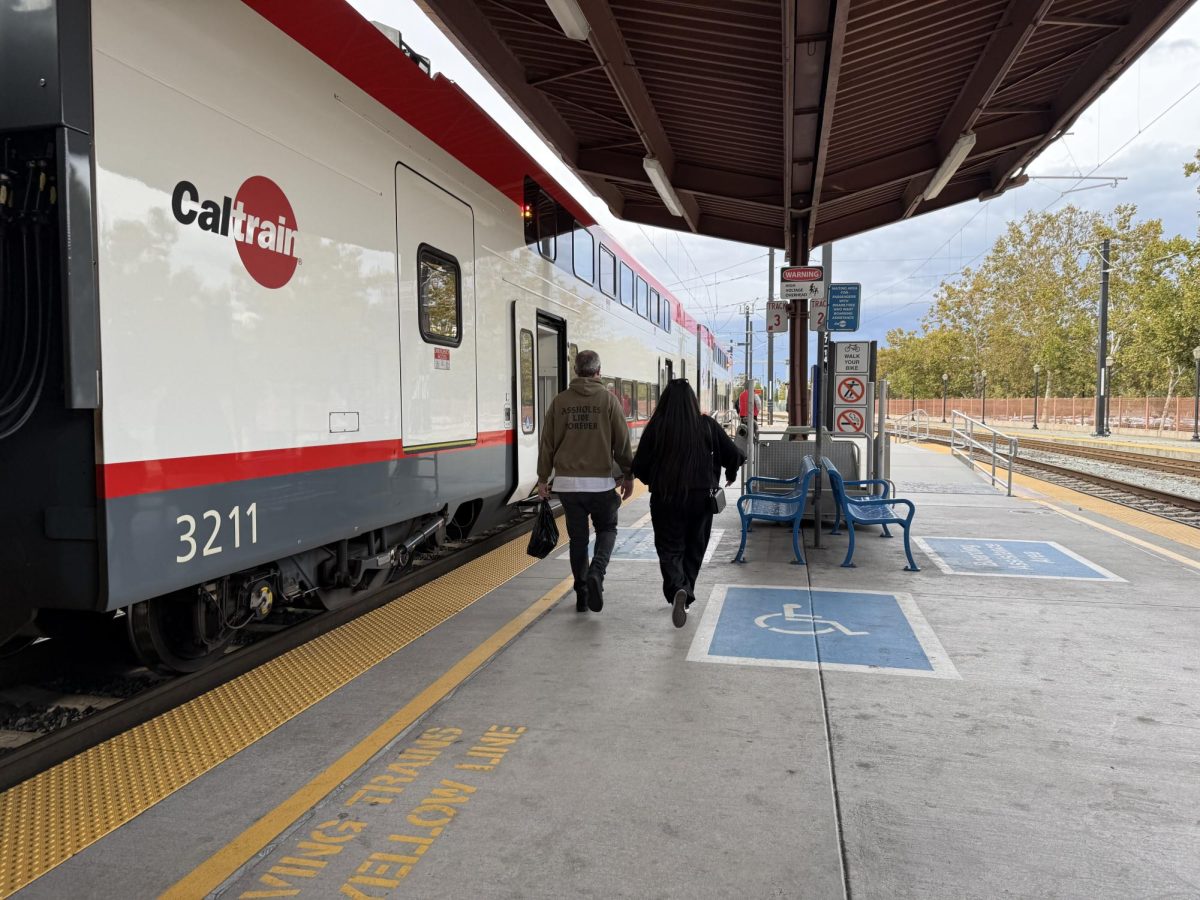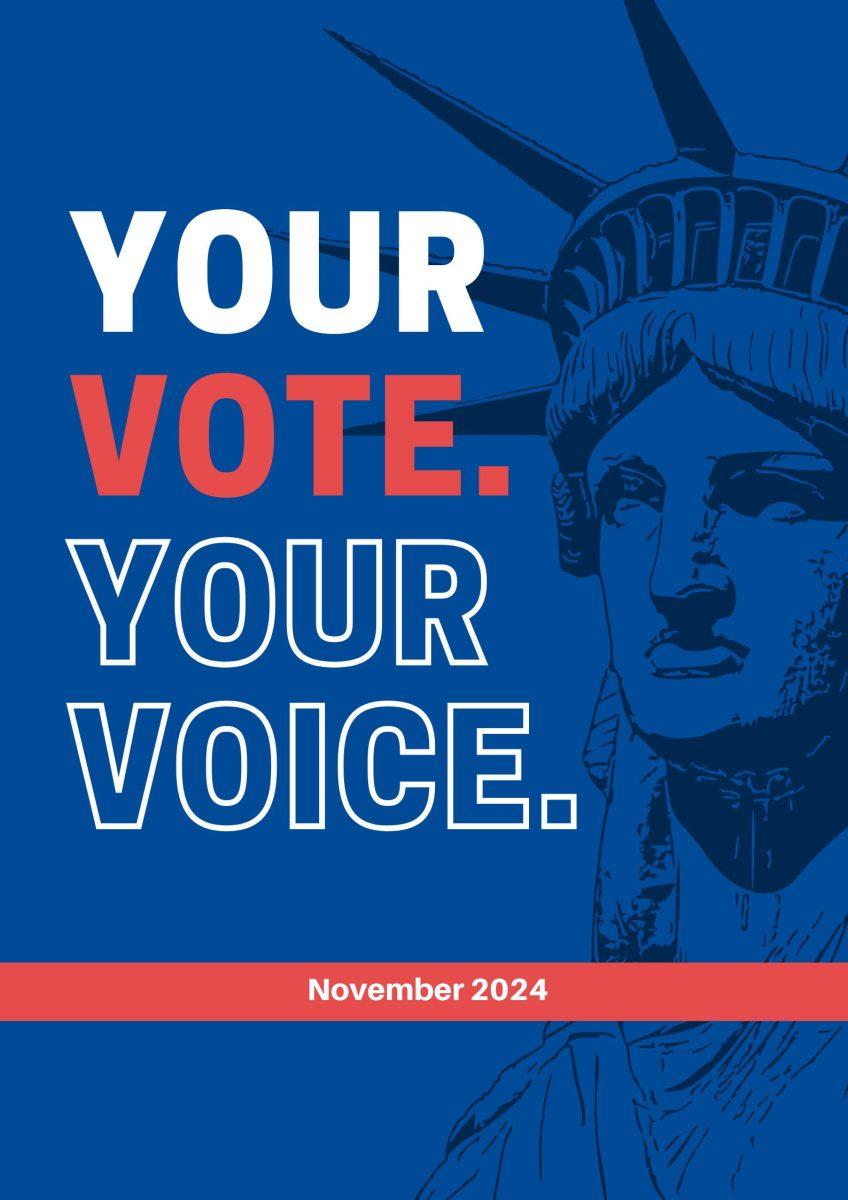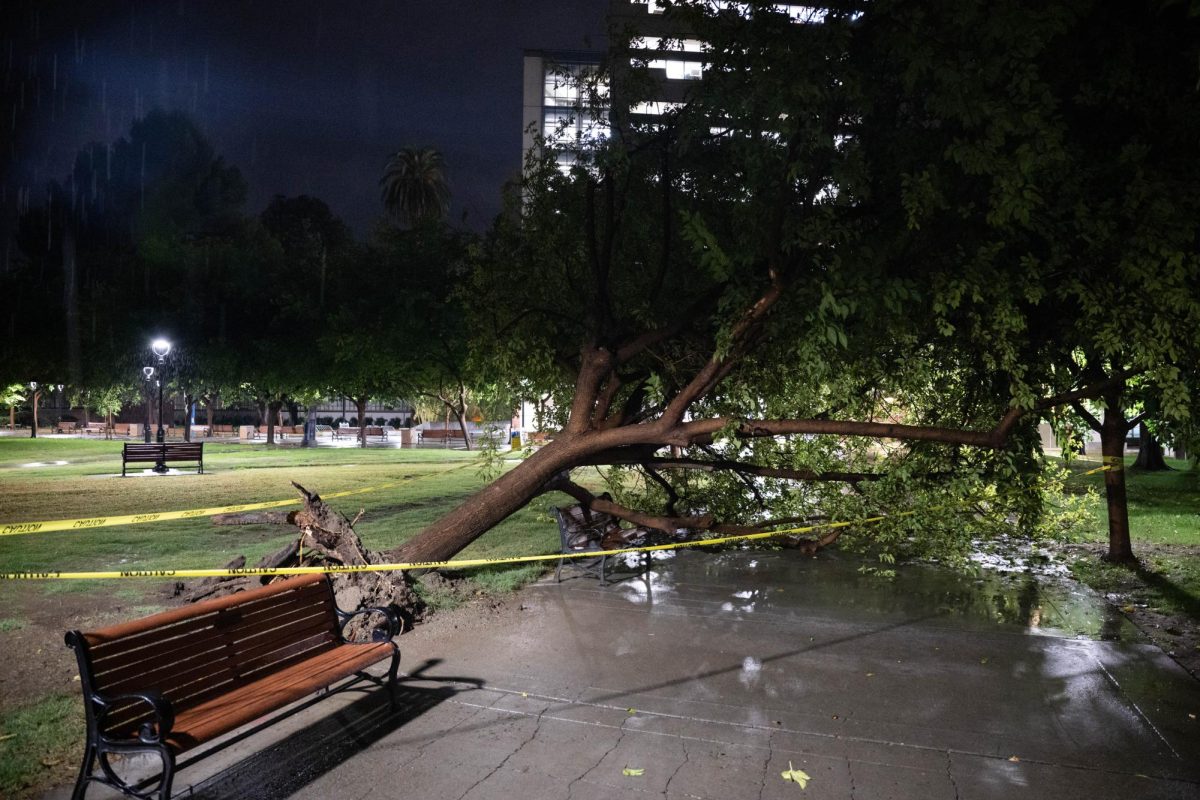Now that a debate is in the picture, this year’s presidential election has many Americans on the edge of their seats including the students at San José State.
The first Presidential debate happened on Tuesday between Vice President Kamala Harris and former President Donald Trump, and students have a lot to talk about.
Tejas Kulkarni, a computer software engineering senior at SJSU, said he is uncertain about the recent Democratic presidential candidate switch to Harris from President Joe Biden.
“I am not sure how the public is going to react to (Harris) being picked as president, so we’ll see how things go from here,” Kulkarni said.
Kulkarni said he has concerns that the issues he is passionate about will not be addressed.
“I’m not really seeing things getting any better than what they are right now,” Kulkarni said. “It’s really in the power of the American government to sort of impact what goes on around the world because we are one of the biggest superpowers.”
Kulkarni said he is leaning towards Trump and sees Harris as an extension of Biden.
He also said by electing the current vice president, “Biden’s America” will still be in effect.
“I think very similar things are going to happen if (Harris) becomes president because she was vice president,” Kulkarni said. “If she had the power to change anything during those four years she would have done so.”
Jason Ross, a political sciences senior, said he can see more people voting for Harris because she is younger and shows diversity coming from an African American and Indian background.
“Biden was not the best, but now we actually have a new player and one that is not as slow to respond,” Ross said.
Electrical engineering junior Truman Lindsey said he will be voting in his first presidential election this year.
“I was thinking that I would vote for a third-party candidate or a candidate who I thought reflected my views the closest,” Lindsey said.
Around 50% of young people between the age of 18-29 voted in the election, according to a webpage from Circle Tufts. This was an 11-point increase in comparison to when only 39% of the same group voted in the 2016 election.
“I am a firm believer in voting, whatever your opinion may be,” Lindsey said.
Anthony Medina-Alvarez, a political science senior, said whether a person votes or doesn’t vote will not have an effect on the country.
Medina-Alvarez said there is still going to be an elite class of people that are funded by corporations, banks and governments from around the world because of corporate lobbying and insider trading.
He also said that lots of politicians come from wealthy backgrounds.
“I wouldn’t consider myself a Democrat at all, nor a Republican,” Medina-Alvrez said. “I just feel both parties are inadequate to represent the views of such a diverse country.”

